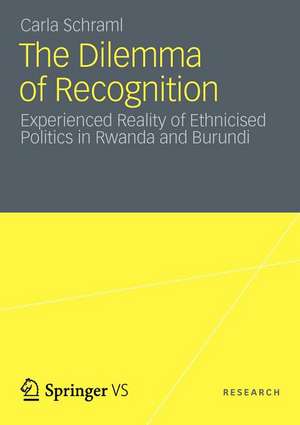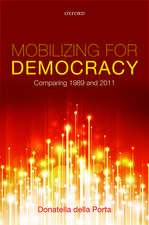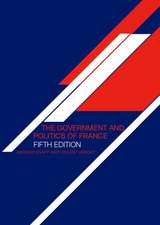The Dilemma of Recognition: Experienced Reality of Ethnicised Politics in Rwanda and Burundi
Autor Carla Schramlen Limba Engleză Paperback – 11 mai 2012
Preț: 380.84 lei
Nou
Puncte Express: 571
Preț estimativ în valută:
72.87€ • 76.28$ • 60.65£
72.87€ • 76.28$ • 60.65£
Carte tipărită la comandă
Livrare economică 01-15 aprilie
Preluare comenzi: 021 569.72.76
Specificații
ISBN-13: 9783531194042
ISBN-10: 3531194046
Pagini: 200
Ilustrații: 200 p.
Dimensiuni: 148 x 210 x 15 mm
Greutate: 0.25 kg
Ediția:2012
Editura: VS Verlag für Sozialwissenschaften
Colecția VS Verlag für Sozialwissenschaften
Locul publicării:Wiesbaden, Germany
ISBN-10: 3531194046
Pagini: 200
Ilustrații: 200 p.
Dimensiuni: 148 x 210 x 15 mm
Greutate: 0.25 kg
Ediția:2012
Editura: VS Verlag für Sozialwissenschaften
Colecția VS Verlag für Sozialwissenschaften
Locul publicării:Wiesbaden, Germany
Public țintă
ResearchCuprins
The ‘Dilemma of Recognition’. On the ‘Experienced Reality’ of Ethnicised Politics in Rwanda and Burundi.- The Cases: Rwanda and Burundi.- Procedural Principals.- Theoretical Knowledge about the ‘Dilemma of Recognition’.- Institution and ‘Institutional Engineering’ as ‘Experienced Reality’.- Ethnic Categories: Institutions Defined by Descent.- The Institutions of Politicised Ethnicity and Ethnicised Politics: Inclusion and Exclusion Based on Ethnic Categories.- ‘Denial of’ versus ‘Power Sharing along’ Ethnic Cleavages: Ethnicised Politics and the ‘Dilemma of Recognition’.- The Knowledge of ‘Those Living in that World’: Interpreting Ethnicity and Politics in Rwanda and Burundi.- Experienced Constructed and Essentialist Ethnicity.- Politicised Ethnicity as ‘Experienced Reality’.- The Struggle for Recognition: Ethnicised Politics as ‘Experienced Reality’.- The ‘Dilemma of Recognition’: Diverging Realities of Ethnicised Politics.
Notă biografică
Dr. Carla Schraml was a member of the research staff at the Department of Sociology, Philipps-Universität Marburg.
Textul de pe ultima copertă
How can the salience of ethnicity in Rwandan and Burundian politics be overcome? How can this salience be approached analytically? And why, exactly, is it that it is potentially conflict-prone? This book gives answers to these questions on the basis of what Rwandan and Burundian interviewees expressed as taken for granted and real. In particular, it focuses on different political institutional models, and how they help to overcome an ethnic interpretation of political and social exclusion. Despite the diverging institutional approaches to dealing with ethnic cleavages, the qualitative analysis shows that political and social exclusion, in particular the distribution of power, are interpreted in ethnic terms in both countries. Focusing on notions taken for granted by Rwandan and Burundian interviewees, the book demonstrates, how deeply intertwined ethnicity and politics are in Rwanda and Burundi today.
Caracteristici
On the Experienced Reality of Ethnicised Politics in Rwanda and Burundi












